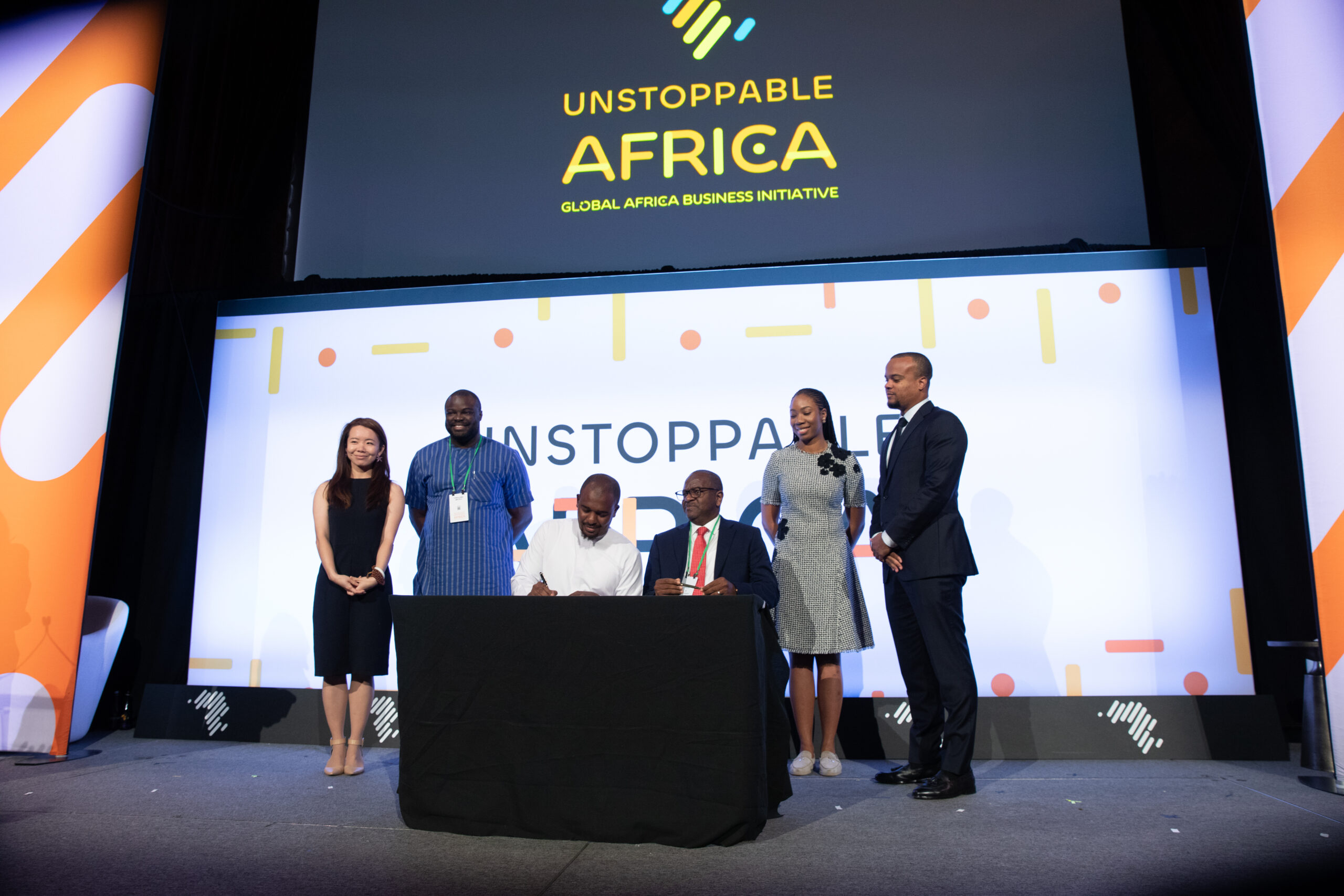
The Africa Finance Corporation (AFC) has signed an agreement with Itana, Nigeria’s first licensed digital economic zone management company, to provide funding for the development of Africa’s first digital economic zone.
The project’s budget is $100 million, according to a joint statement from AFC and Itana.
The formalisation of this partnership took place yesterday in front of global government and business leaders at the Global Africa Business Initiative (GABI), on the sidelines of the ongoing United Nations General Assembly (UNGA) in New York.
According to the statement, the Itana Digital Economic Zone will be located in Lagos and is designed as an online jurisdiction, allowing businesses to remotely incorporate and operate under laws and incentives optimised for the digital economy.
It also noted that companies will benefit from tax, immigration, and banking advantages, as well as eco-friendly live-work districts and a live-in accelerator program, showcasing the future of African cities and providing the ideal infrastructure and support for businesses in Africa to scale and compete globally.
“Itana will be a conducive environment tailored to the 21st-century digital trade and technological age. The organisation recently launched the Itana Application, where individuals can join the community and have access to events and services such as business visa facilitation, local bank accounts, and a curated marketplace of trusted vendors and consultants for doing business in Africa,” the statement reads.
“Businesses that meet the criteria can register as a Free Zone Enterprise (FZE) with ease and will receive a Business Operating licence that enables them to do business in Nigeria, like numerous digital companies, including Reliance Info and Future Africa.”
It added that “AFC will support Itana with project development funding and intends to lead in the financing of phase 1 of the Itana project, which is budgeted at around $100 million.
“This will include an eco-friendly tech campus in Lagos, Nigeria, and funding for startups in Accelerate Africa, the accelerator program of Itana in partnership with Future Africa. AFC will also support the rollout of the Itana Digital Economic Zone for global and pan-African tech, finance, and service-based businesses seeking to operate across Africa.”
The statement also disclosed that Itana and AFC are already working with PwC Nigeria, Future Africa, and the Charter Cities Institute, acting as technical advisers to the Initiative for the Promotion of Digital Free Zones in Nigeria (DiFZIN), a non-profit advocacy and policy research organisation representing the private sector in the recently announced federal government steering committee for the establishment of Digital Economic Zones in Nigeria.
“Post-business incorporation, businesses can operate in the zone with tax and capital repatriation incentives, gain access to the Itana business community, apply for business banking in the Digital Economic Zone, and obtain special work and residency permits without limitations imposed by expatriate quotas.”
Itana CEO Luqman Edu stated in his address that Itana intends to be to Nigeria and Africa what Delaware and Silicon Valley are to the U.S., what the DIFC is to Dubai, and what e-Estonia is to the European Union.
“Itana is poised as the gateway to doing business in Africa. Local and international businesses looking to expand their operations across Africa will naturally look to Itana as their point of entry,” Edu stated.
On his part, Samaila Zubairu, President & CEO of Africa Finance Corporation, noted that Africa’s digital economy is poised for significant expansion and innovation following the rapid adoption of mobile technology, a burgeoning youth population, and the growing importance of digital commerce and services.
“In support of this, AFC is proud to be a pioneer alongside Itana in building Africa’s first digital economic zone. This unprecedented initiative marks a pivotal step towards creating a thriving hub for the African digital economy, cementing the corporation’s commitment to driving innovation, job creation, and sustainable economic development across the continent,” Zubairu added.



![[FILES] A picture shows the Argentinian flag. (Photo by DANIEL LEAL-OLIVAS / AFP)](https://cdn.guardian.ng/wp-content/uploads/2020/11/Argentina-.jpg)


